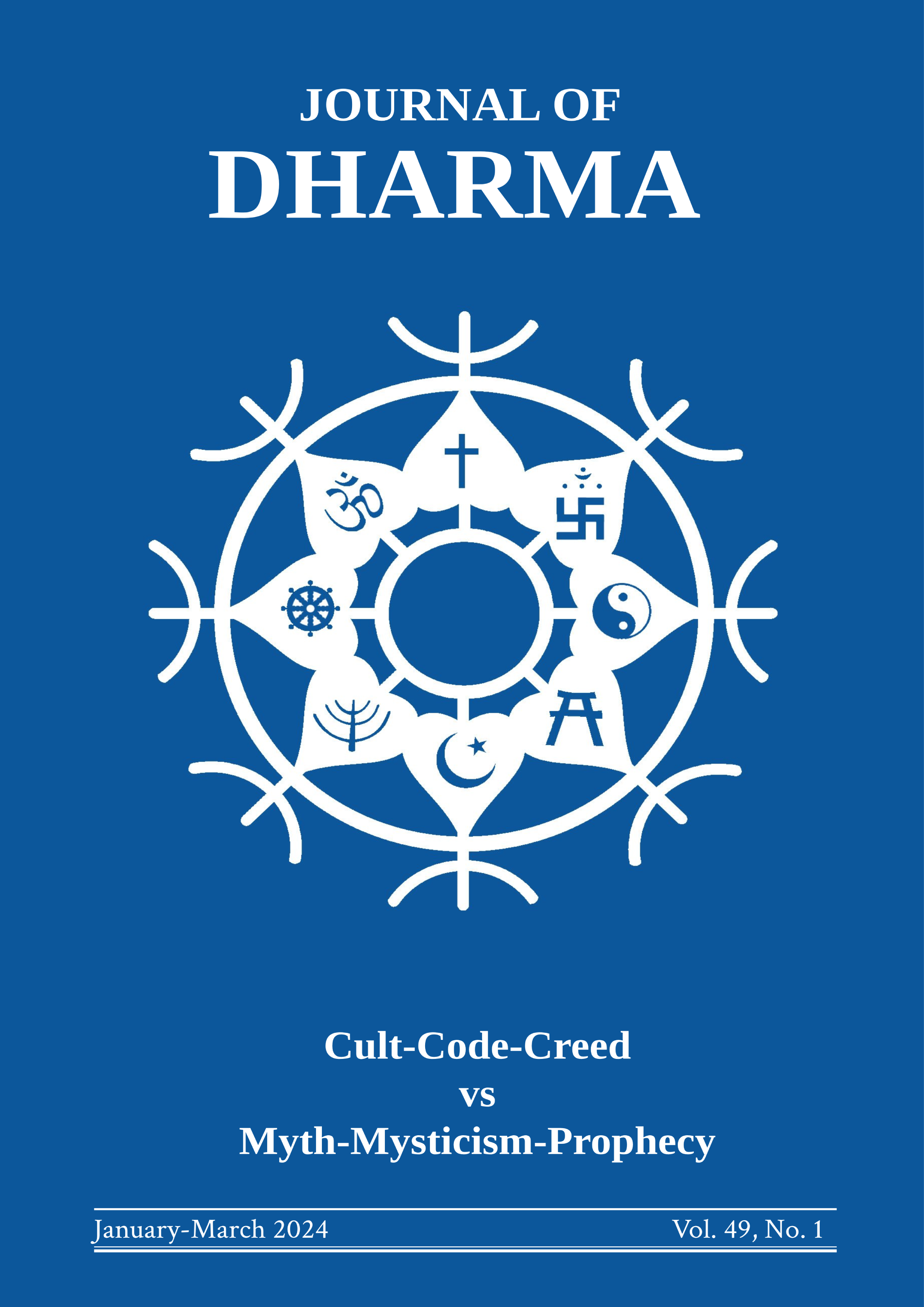THEORY OF MIND AS A UNIFYING CONSTRUCT OF RELIGIOUS COGNITION AND EUDAIMONIC WELL-BEING AMONG CHRISTIAN ADOLESCENTS
Keywords:
Theory of Mind (ToM), Eudaimonic Well-being, Adolescence Christian Adolescents, Mental Health, Religious Cognition, Social cognition.Abstract
Theory of mind (ToM) is the ability of an individual to identify or predict others’ emotions, thoughts, and beliefs. In the context of religious cognition and eudaimonic well-being, ToM can be understood as the cognitive process through which individuals interpret and understand religious experiences, knowledge, behaviour, attitudes, and beliefs. These variables are known for sustained psychological and religious consistency in an individual's life. Eudaimonic well-being, on the other hand, refers to the long-lasting effects on individuals’ mental and spiritual health, enabling them to find purpose and meaning in life, depending on the individual, religion, and society. ToM is an emerging aspect of cognitive neuroscience, rapidly expanding its field to evolution, brain imaging, and religious cognition. The period of adolescence is when adolescents are put into a turbulence of terrible confusion about their identity, beliefs, and autonomy. A thorough understanding of ToM based on religious cognition will foster adolescents' spiritual and mental health. This article connects ToM to religious cognition and the eudaimonic well-being of adolescents in Christian traditions. We propose that ToM could illuminate the relationship between religious cognition and eudaimonic well-being and provide a deepened understanding of these variables in psycho-spiritual therapy. This article also reveals the healing role of ToM on religious cognition and eudaimonic well-being during adolescence and the importance of focusing on spiritual and mental health as developmental assets that can potentially influence them in the future.
Published
How to Cite
Issue
Section
License
Copyright (c) 2024 Journal of Dharma

This work is licensed under a Creative Commons Attribution-ShareAlike 4.0 International License.

